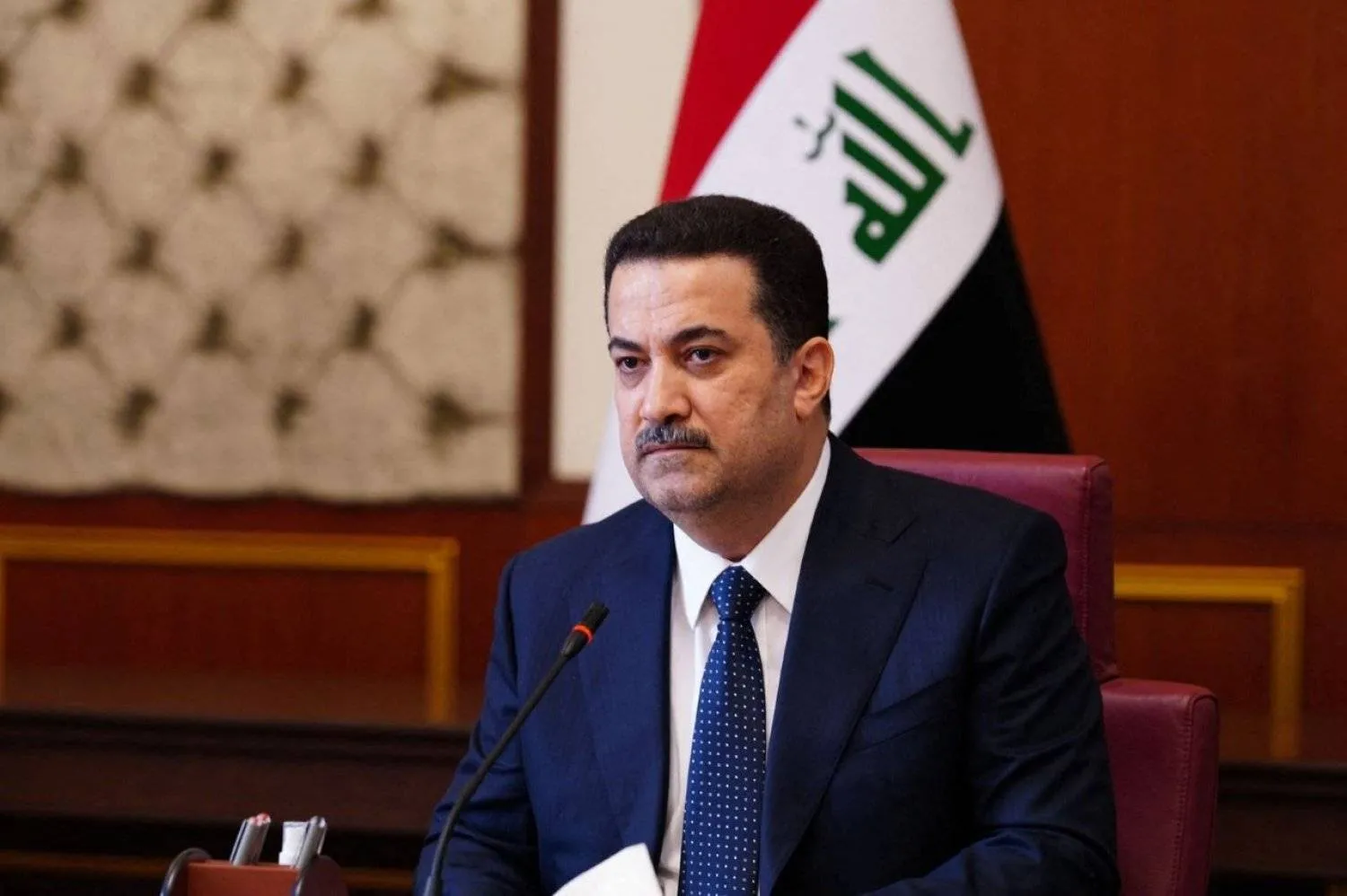Iran’s response to Israel’s attack on its consulate in Syria will loom large over the meeting between Iraqi Prime Minister Mohammed Shia al-Sudani and US President Joe Biden in Washington next week.
The leaders are scheduled to meet on April 15.
Iran has vowed to retaliate to the April 1 attack, which killed a top Iranian general, and that marked an escalation in the violence that has spread through the region since the Gaza war began.
Tehran has carefully avoided any direct role in the regional spillover, while backing groups which have waged attacks from Iraq, Yemen and Lebanon.
Iranian-backed Shiite militias have not attacked US troops in Syria and Iraq since early February.
In Washington, Sudani will focus on the security cooperation and the situation of the US-led anti-ISIS coalition deployed in Iraq amid growing calls in his country for its withdrawal.
He will also discuss US sanctions on Iraqi banks, said an Iraqi government source.
Iraqi military spokesman Yahya Rasool said on Tuesday that the Iraqi military committee and its counterpart in the anti-ISIS coalition agreed to form a “firm security partnership with the US.”
A statement from the committee said the US will help in bolstering and developing the capabilities of the Iraqi security forces to boost the security of Iraq and the region.
The government source told Asharq Al-Awsat that Biden will discuss with Sudani the role of Iran in Iraq and the need to limit the activities of its proxies.
He will likely also address the role Iraq can play in halting the Iranian escalation in wake of the consulate attack.
US Middle East envoy Brett McGurk has called the foreign ministers of Saudi Arabia, United Arab Emirates, Qatar and Iraq to ask them to deliver a message to Iran urging it to lower tensions, a source with knowledge of the situation said according to Reuters on Thursday.
Two Shiite sources told Asharq Al-Awsat that the Iranian response is unlikely to take place in Iraq.
The pro-Iran factions will not reopen the Iraqi scene to confront the Americans, they added.









